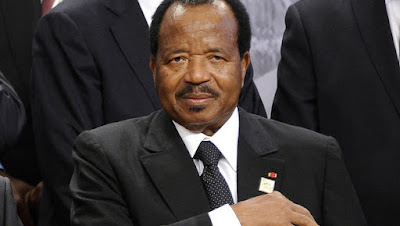...NERC Should Make A Public Statement
By Idowu
Oyebanjo
One of the main problems with the
power sector reform in Nigeria
The problem is that such people
constitute a laughing stock when similar comments are made before an
international audience. Hear the Central Bank of Nigeria (CBN) governor:
"For you to have good electricity, you need to pay a little more (to have
better maybe)...".
I can guarantee that the National Electricity
Regulation Commission (NERC) does not know what it means to determine a cost
reflective tariff because these are some of the fundamentals of power systems
that only those who have studied power systems and have demonstrable experience
or practice can handle. Fake consultants employed by NERC can't do it. The
DISCOs or GENCOs advocating for these price increases have not done it either.
Can we as public request that NERC publish the analysis used to determine the
so called "cost reflective tariffs?"
The power sector needs Nigerians who
studied Power Systems, and who work in economies where uninterrupted power
supply is the norm, to mediate the correct transition to privatised electricity
utility. Although I maintained this position 7 years ago, the position is still
valid because you cannot apply the Quota System syndrome to the generation,
transmission, and distribution of electricity. It will fail! There is need to
start again or at best, re-jig the status quo of the reform in a way the losses
to the nation can be minimised.
*Amadi, NERC Chairman
Another example of putting the cart
before the horse is the fact that the wheeling capacity of the transmission
network is known to be lower or at least equal to the peak generation achieved
recently in response to the "Buhari
Body language" in August 2015. This simply means there is no
improvement to power supply that can take place now even when tariffs are
increased because the weakest link has not changed and will not change
overnight. More than that, I warned the authorities against establishing the
electricity market because the power system is not yet ready for it but they
have gone ahead because some believe the laws of economics apply to the physics
of electricity.
Try as you may, you will always recourse to the recommendations
made by power systems engineer who know their onions. They aren't many
worldwide so not all consultants can be of help. I think because Nigeria
All of these amount to one thing -
Abusing the sensitivities of the already impoverished consumers is the way to
loot more money from the federation especially when the government at the
federal level has tightened loop holes using the TSA.
*Idowu Oyebanjo, MNSE, CEng MIET, a Chartered Power System Engineer in the UK is a regular contributor to SCRUPLES


















